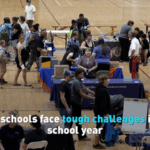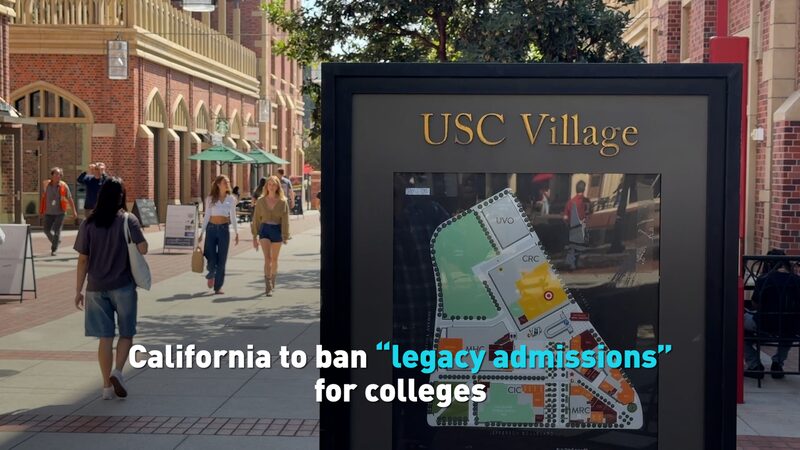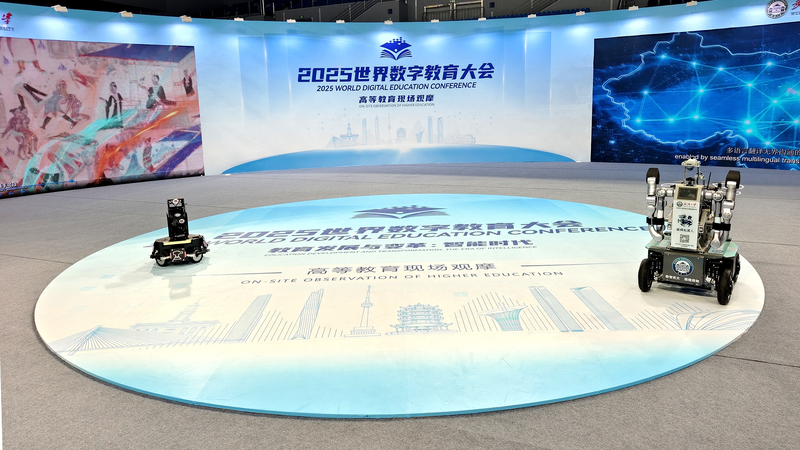As artificial intelligence reshapes classrooms worldwide, educators face a pressing dilemma: How do you define cheating when AI tools like ChatGPT can draft essays, solve equations, and summarize complex texts in seconds?
The New Academic Landscape
High school teacher Casey Cuny, a 2024 California Teacher of the Year, describes student AI use as "off the charts." At Valencia High School, he now conducts most writing assignments in class, using screen-monitoring software to curb unauthorized AI assistance. "We’re teaching students to learn _with_ AI, not cheat _through_ AI," he explains, highlighting efforts to integrate AI as a collaborative tool for brainstorming and refining ideas.
Student Dilemmas: Tool or Crutch?
Lily Brown, a college sophomore, typifies the confusion many students feel. While ChatGPT helps her outline essays and decode dense philosophy texts, she questions: "Is improving my draft with AI editing cheating?" Ambiguous school policies often leave students navigating ethical grey areas alone, fearing that asking for clarity might brand them as rule-breakers.
From Bans to Balanced Guidelines
Initially resistant, institutions like UC Berkeley now provide faculty with AI guidance, urging clear syllabus policies. Carnegie Mellon’s Rebekah Fitzsimmons notes enforcement challenges: "Proving AI misuse is like catching smoke." Meanwhile, "AI literacy" programs gain traction, teaching critical evaluation of AI-generated content alongside traditional skills.
As schools worldwide rethink assessment methods – prioritizing in-person exams and AI-augmented collaborative projects – the debate continues: Can education evolve as fast as the technology disrupting it?
Reference(s):
As AI reshapes education, schools struggle with how to define cheating
cgtn.com








